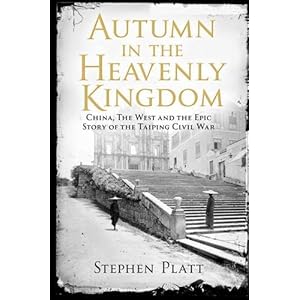 |
| Mitch Blunt's illustration for Big Issue |
Business books: sounds dry already, doesn’t it? Double entry
accounting systems? The Ten Most
Efficient Ways to Reach Your Sales Target? Stuff for the workplace, surely?
And yet if I was to say to you some of the most interesting literature being
written about our world today comes under the banner “business books” I don’t
think I’d be entirely wrong – and I wouldn’t be alone either.
You may have heard of the New Yorker journalist Malcolm
Gladwell, but even if you haven’t I bet you’ve heard the phrase “The Tipping
Point”, which he popularised as the title of his breakthrough book in 2000.
Subtitled “How little things make a big difference” it sought to explain how a pair
of shoes, for instance, can go from being merely popular to being worn by absolutely
everyone. It’s a concept that has since been applied to everything from
anti-smoking legislation to selling mobile phones.
In doing so Gladwell confirmed the first rule, if you like,
of the business book. Don’t just give your book a title, give it a buzzphrase.
Later this year you’ll likely hear a lot about
Anti-Fragility, the title of a book by Nasim Taleb (due out in October), an
economist best known for another book, The Black Swan, (another buzzphrase) which
went some way to explain the credit crunch.
For now, however, it’s Reslience,
Why Things Bounce Back. And really, could there be a more apt subject for
our times: as the world economy remains doggedly in the doldrums with societies
around the globe scratching their communal heads and wondering, what now? It
seems the right time to look at how societies can recover from terrible
traumas.
Written by National Geographic fellow Andrew Zolli and New
York based journalist Ann Marie Healy, Resilience is a US slanted book,
undoubtedly, but its sweep is broad and fascinating. In the best Gladwellian
traditions, Reslience pulls
information in from all over, mashes it all up, and offers some startling
conclusions.
The first thing you need to know about the Resilience is that shit happens.
Avoiding disasters isn’t the point: being able to recover from them is. The
granddaddy of all recent shocks was the closure of Lehmanns bank and the economic
cluster bust which followed.
Zolli and Healy have a lot of interesting things to say on
this. About how in the run up to it, for instance, the financial industry,
globally, had become extraordinarily homogeneous – a warning sign. They use the
term “synchrony”: all the companies were doing much the same thing, making much
the same amounts of money. In this case they were chopping and reselling asset
portfolios in a way that went beyond mere reason. Memorably they compare these
collateralised debt obligations (CDOs) to lining up 15 done-in nags from the
glue factory and selling the fastest as a thoroughbred. The result wasn’t a
resilient system, but a fragile one.
Resilience scores
by going beyond the obvious, with readable and illuminating chapters on topics
as diverse as fishing policy in the tiny Pacific island state of Paulau,
victims of gang violence in Chicago and the role of the batfish on the Jamaican
coral reef. Hugely interesting.

